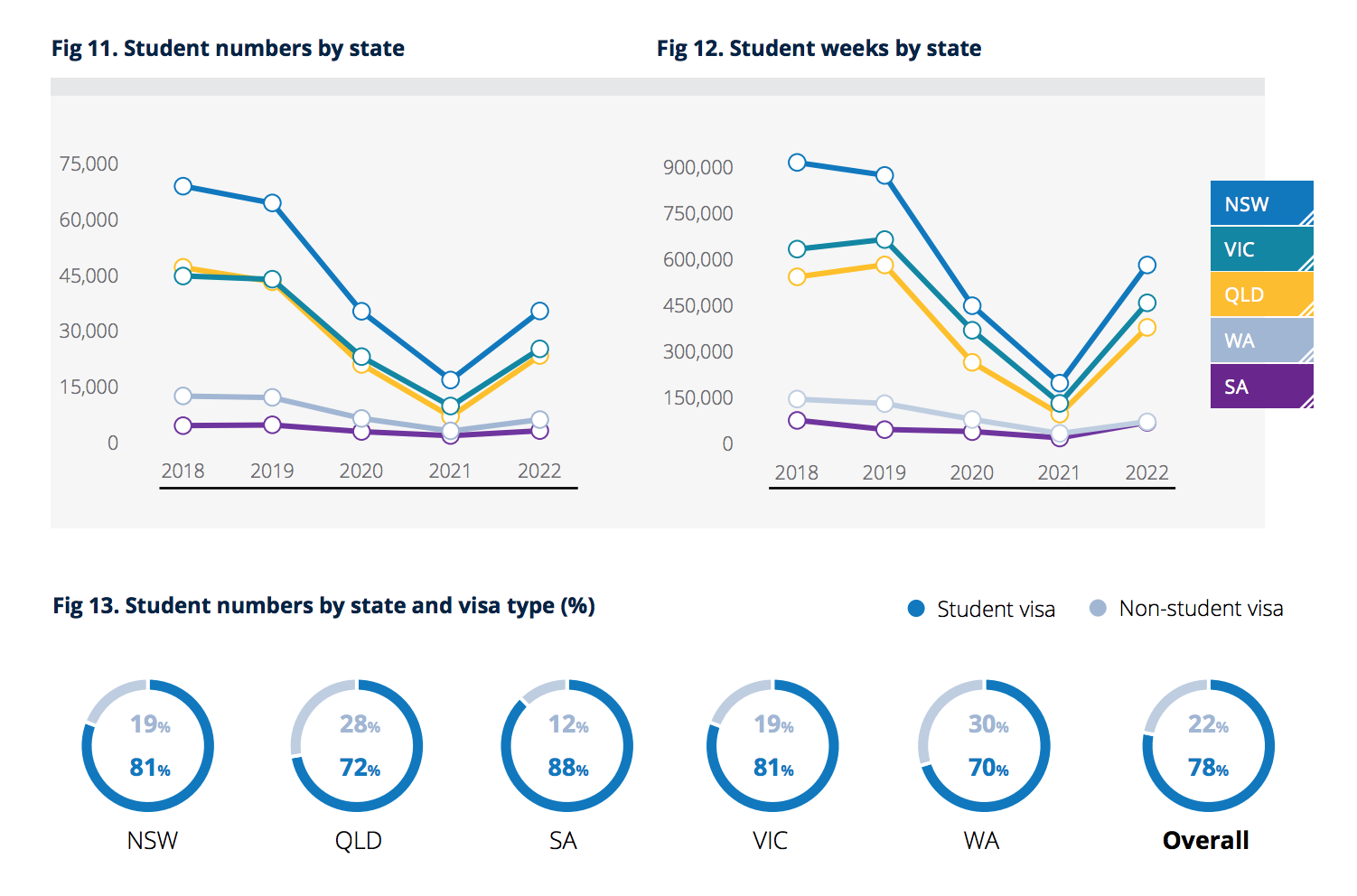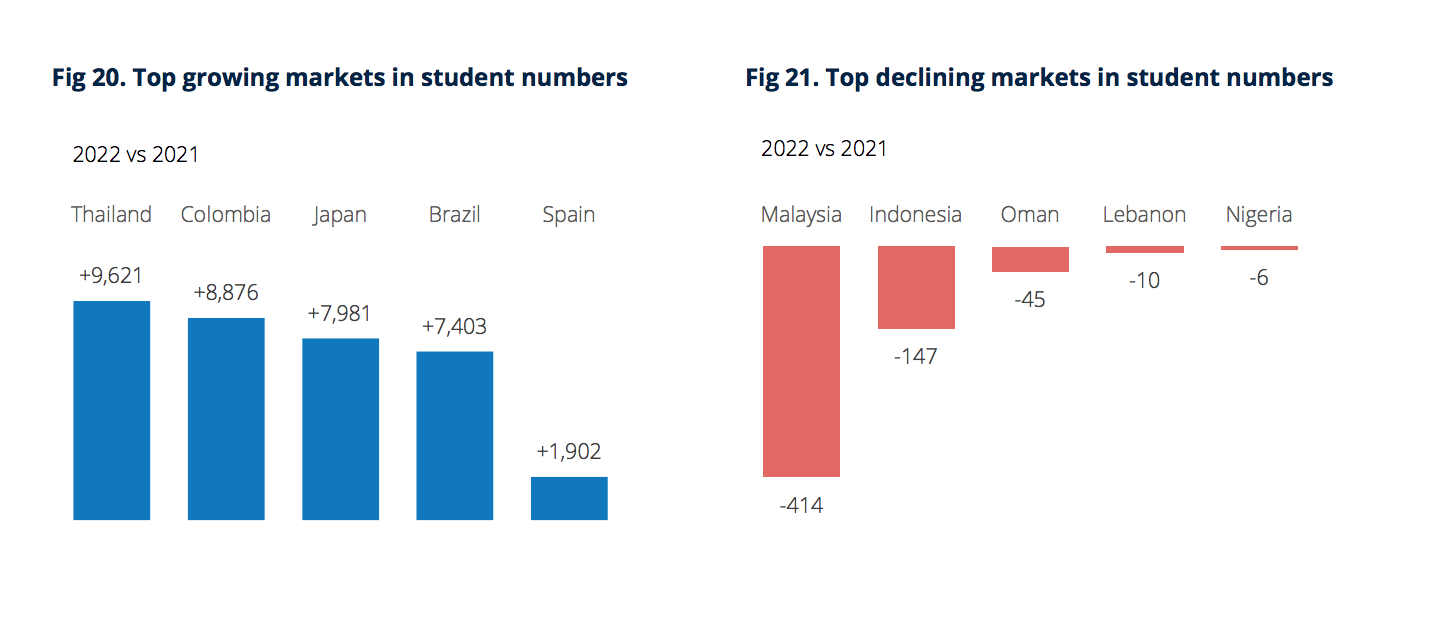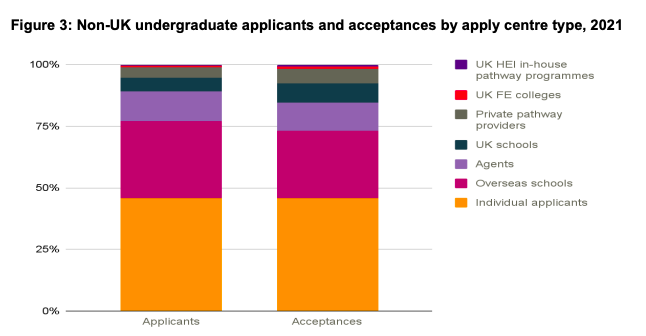Personal brand in 50 voices of ASEAN&Australia
The launch of the second PIE Insider digest on leadership in international education explores the role of personal brand in the Australian and ASEAN sector.
Following on from the European digest that was launched in March 2023, the latest edition features an exclusive interview with Phil Honeywood, CEO of the International Education Association of Australia.
The report also contains a list of 50 voices either domiciled or operating in Australia or the wider ASEAN sector that we think offer an interesting commentary on the international education ecosystem.
The list includes a range of experienced leaders, rising stars, disrupters and policy makers who have something to say. The report is part of an increased focus on the region and preempts The PIE Live Australia conference taking place in Gold Coast this July.
In a time when audiences are increasingly searching for authenticity and reality-based content, the voice and platform of individuals is becoming an important factor in furthering organisational goals.
Like it or not, the reach and influence of individuals is often greater and more impactful than corporate communications. Social media channels such as LinkedIn now equal traditional platforms for thought leadership such as conferences or publications.
Sarah Todd, vice president global for Griffith University in Queensland, who is named in the list of 50 voices for Europe, took to social media, saying she was “very honoured” to be included in the list.
Former minister for tertiary education and training, Phil Honeywood, is only too familiar with the role personal brand and reputation plays in the political world and he gave a candid interview on the early influences he had in finding his voice.
However, he was quick to point out that the student voice is what matters the most in defining educational policy.
“You should try wherever possible to factor in the voice of the students”
Speaking in the digest, Honeywood explained, “The passion [I have] is because I’ve got incredible empathy for any young person who comes to Australia or any other study destination, based on my own life lived experience of having to go to a Japanese boy’s high school.
“[In practice] what that means is you should try wherever possible to factor in the voice of the students.
“At the moment we’ve got a fantastic MBA female student [representing the student views to government] and she was there at Parliament House in Canberra providing all of the senior civil servants at the meeting and the politicians with the latest feedback about the mental crisis, the truth about some of the issues that are going to be happening to students coming off uncapped work rights and giving firsthand knowledge of the issues that she’s dealing with at the coalface with her international student movements,” continued Honeywood.
The timing of the digest’s release is part of the build up to The PIE Live Australia, an inaugural leadership conference in that region of the world, taking place in Australia between July 24-25, 2023 in Queensland. Nicholas Cuthbert, director of insight at The PIE will be hosting several panels and he spoke about the benefit of sharing knowledge between markets.
“From the interview with Phil Honeywood to prepping for my panel sessions, I am already benefiting from new perspectives from down under,” said Cuthbert. “The aim is to talk about the global sector but with a regional focus and I know many leaders in the sector will benefit from these debates.”
Readers can download The PIE Insider Leadership digest and 50 voices for 2023 – Australia and ASEAN here.
The post Personal brand in 50 voices of ASEAN&Australia appeared first on The PIE News.










